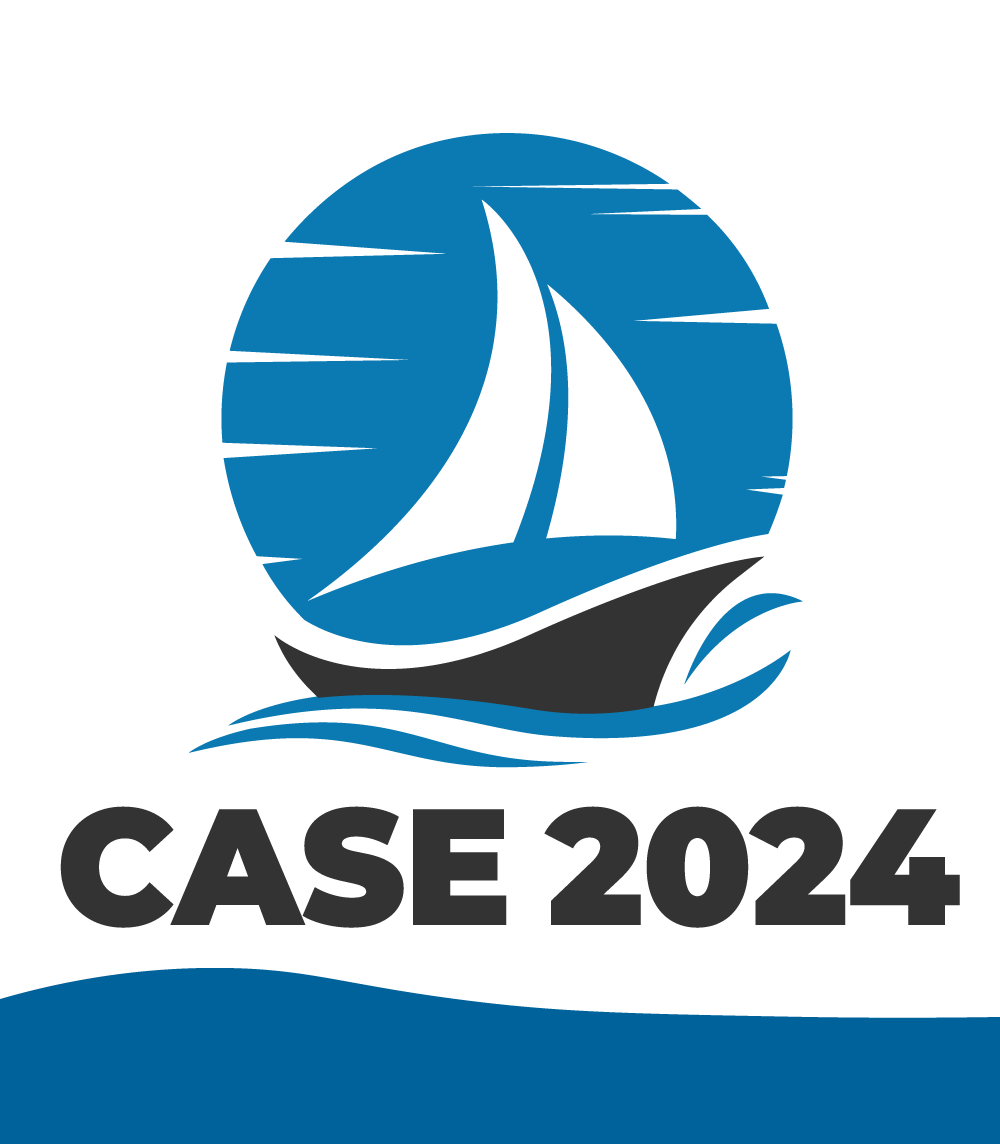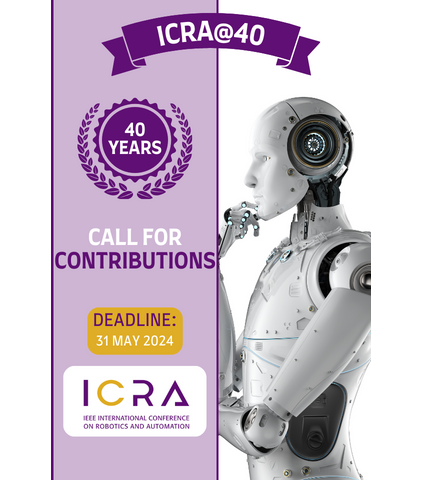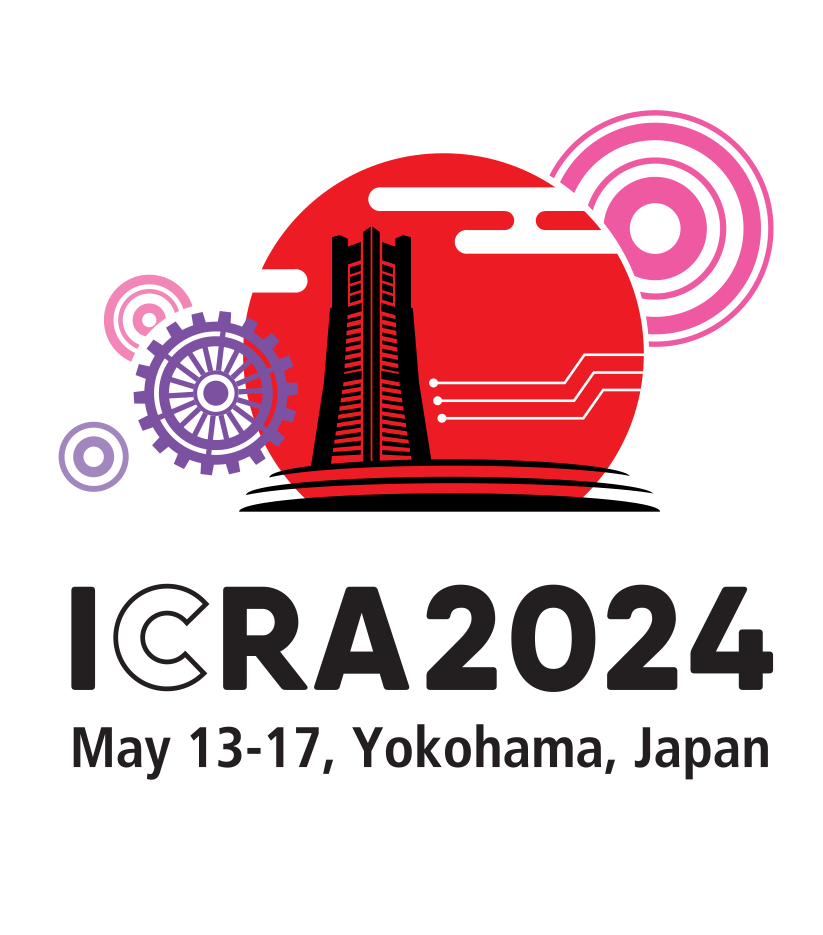RA-L Special Issues
The purpose of RA-L Special Issues is to provide a timely and concise account of recent advances in a scientific, technical, or application area by collecting a group of papers organized in a coherent theme.
Special Issues publish peer reviewed papers responding to an open call. A Special Issue is proposed by one or more organizers, who – upon acceptance by the RA-L Editorial Board, and under its supervision - also act as Guest Editors.
Accepted papers in a Special Issue are eligible for presentation at one of the upcoming conferences of the Robotics and Automation Society (RAS) su as ICRA, IROS, CASE, RobotSoft, Humanoids, RO-MAN and BioRob
When published, a RA-L Special Issue contains an Editorial article introducing the topic and the different contributions of articles. The Editorial is authored by the Guest Editors. RA-L also allows, and indeed encourages, Guest Editors to submit a more extended Survey paper containing a critical review of research work in the field, which would then replace the Editorial article.
Topical areas where Special Issue proposals are welcome include those listed here.
Submission of Special Issue Proposals
Prospective organizers of a Special Issue make a proposal to the Editor in Chief indicating:
- The proposed title of the Special Issue
- A description of the topical area and of the community of researchers and practitioners to which the Special Issue is directed as audience
- The motivation of the proposal, e.g. a workshop, special session or other event held or to be held
- A list of other Special Issues on similar topics published in other robotics journals in the last 10 years, with comments on how the proposal differs or adds to them
- A list of at least 6 proposed papers, along with copies of commitment letters (with title and abstract) from authors interested in submitting
- Plans to submit either a Survey paper or an Editorial article to be published in the same Special Issue
- The proposed Special Issue editorial timeline is consistent with the RA-L policy of publishing in max. 6 months from submission.
A template for Special Issue proposals is available at this link (PDF). and here (MSWord).
If the Special Issue proposal is accepted, Guest Editors will prepare a draft of the Call for Papers to be published on the RA-L website and a message to be sent to relevant email distribution lists.
Editorial Process
Upon acceptance of a complete Special Issue proposal as specified above, the RA-L Editorial Board selects one of the RA-L Editors as the Supervising Editor and issues a call for papers for the Special Issue.
The Board also nominates the Guest Editor(s), who will act as RA-L Associate Editors for papers submitted to the Special Issue. Review procedures are identical to those usually followed in RA-L: the supervising Editor assigns papers to regular Associate and/or Guest Editors, who in turn invite reviewers and make sure the reviews are timely, substantial and constructive. Associate and/or Guest Editors prepare a publication recommendation based on a summary of reviews and on their own comments and insight in the submitted manuscripts. The acceptance decision is made by the supervising Editor and the EiC.
If a sufficient number of papers (at least 6) submitted to the Special Issue is eventually accepted, then the Special Issue is accepted. Guest Editors will prepare a lead Editorial article, introducing the Special Issue area and illustrating the different contributions and their relations. The Editorial will contain references to all Letters published in the Special Issue, with links in the PDF to the corresponding Letter. Reciprocally, all Letters published in the Special Issue will have a link to the Editorial article, which thus functions as a hub for the electronically-published Special Issue.
Editorial articles are two pages long at maximum and are not peer-reviewed. However, if the Guest Editors have an accepted Survey paper, this will subsume the functions of the Editorial article.
If the number of papers accepted is insufficient to accept the Special Issue, the accepted papers will appear as regular Letters.







